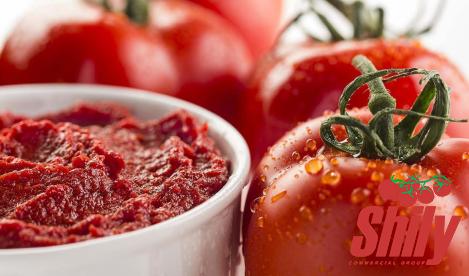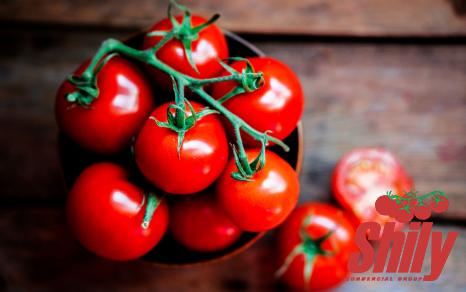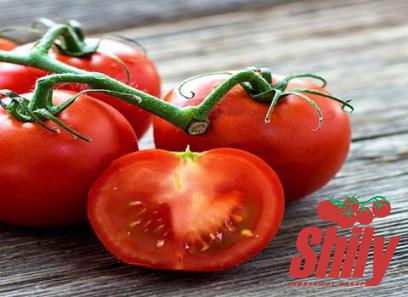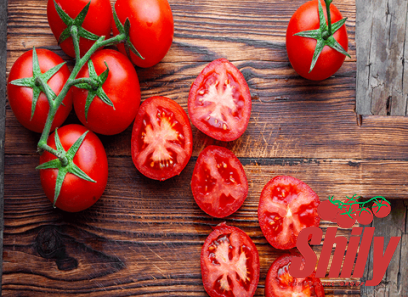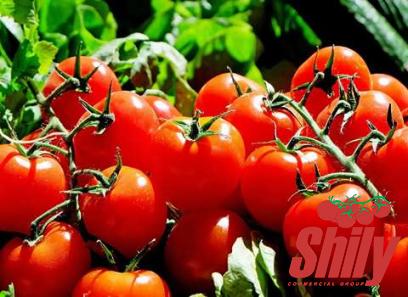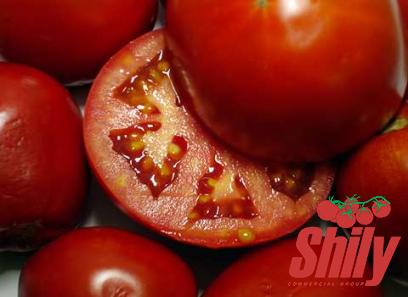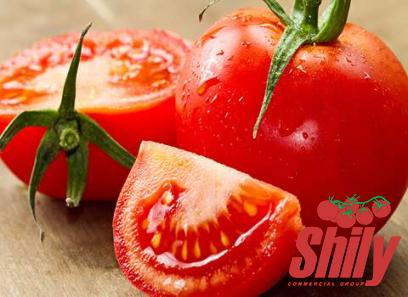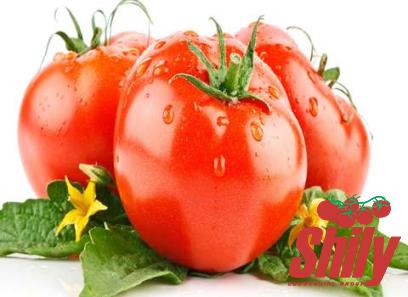The Sustainable Shift: Exploring Alternatives to Plastic Ketchup Bottles
Introduction:
Plastic pollution is a pressing global issue, and consumers worldwide are becoming increasingly concerned about the environmental impact of single-use plastics. One item that has received significant attention is the plastic ketchup bottle. Ketchup is a widely consumed condiment, making the shift to more sustainable packaging alternatives crucial for reducing plastic waste. In this article, we delve into the problems associated with plastic ketchup bottles, explore potential alternatives, and discuss the challenges and benefits of implementing sustainable packaging solutions.
The Problem with Plastic Ketchup Bottles:
1. Environmental Impact:
Plastic ketchup bottles contribute to the growing problem of plastic pollution. These bottles are typically made from high-density polyethylene (HDPE) or polyethylene terephthalate (PET), both of which have a long decomposition period. When not properly disposed of or recycled, they end up in landfills or, worse, contaminate ecosystems, contributing to the devastating impacts on wildlife and marine life.
2. Limited Recycling Rates:
Although HDPE and PET are technically recyclable, the reality is that plastic bottles frequently end up in the garbage rather than recycling bins. Recycling rates vary from country to country, and even when bottles are recycled, the process still consumes energy and resources. Therefore, reducing the reliance on plastic ketchup bottles altogether is crucial for a sustainable future.
Promising Alternatives:
1. Glass Bottles:
Glass offers a viable alternative to plastic ketchup bottles. It is a non-toxic material that can be recycled indefinitely without losing its integrity. Glass bottles are also more commonly accepted in recycling programs and are generally easier to clean and reuse than plastic. However, glass has its limitations. It is heavier and more fragile, raising concerns about transportation costs and breakage during shipping.
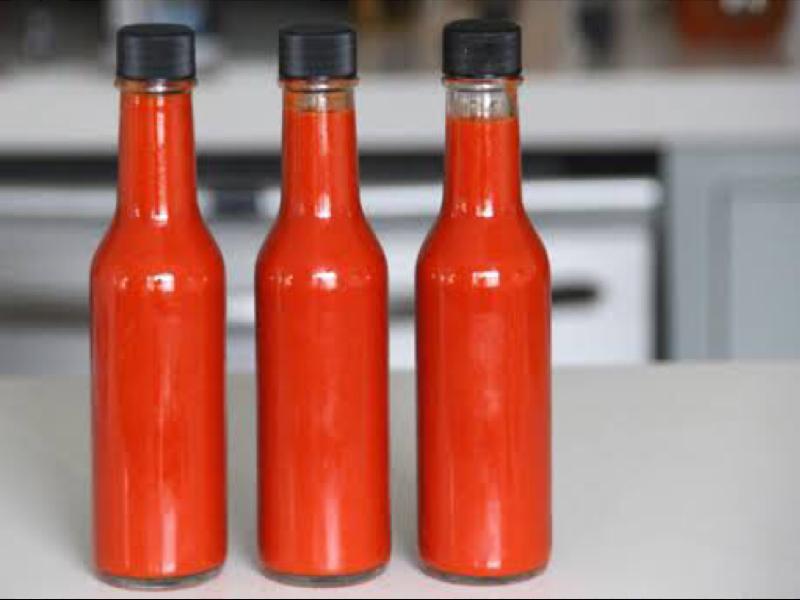
2. Sustainable Plastic Alternatives:
Biodegradable or compostable polymers derived from plant-based materials, such as corn starch or sugarcane, offer potential solutions for reducing plastic waste. These materials can be molded into bottles that closely mimic the properties and functionality of traditional plastic bottles, while significantly reducing their environmental impact. However, challenges remain in finding suitable scalable alternatives for ketchup bottles, as they need to withstand the high acidity and viscosity of the condiment.
3. Refillable Dispensers:
Another innovative approach gaining popularity is refillable ketchup dispensers. These dispensers allow customers to bring their own containers and refill them at restaurants, cafes, or grocery stores. This significantly reduces single-use plastic waste associated with individual serving packets or bottles. The adoption of refillable dispensers, however, requires a paradigm shift in consumer behavior and may face logistical challenges.
Implementation Challenges and Benefits:
1. Cost and Scalability:
Shifting from plastic ketchup bottles to alternatives may initially lead to higher production costs for manufacturers. This cost difference arises from the limited availability of sustainable packaging alternatives, the need for new manufacturing processes, and increased transportation costs due to materials’ bulkiness or fragility. However, as demand for alternative packaging grows, economies of scale would likely drive down costs.
2. Consumer Acceptance:
Changing the packaging of a widely recognized brand like ketchup can be met with resistance from consumers. The preference for convenience and familiarity may mean that consumers are hesitant to embrace alternative packaging initially. However, increased awareness about the detrimental effects of plastic waste, combined with effective marketing and education campaigns, can help drive consumer acceptance.
3. Environmental Benefits:
The adoption of sustainable packaging alternatives for ketchup bottles would have significant environmental benefits. By reducing plastic waste, these alternatives contribute to the preservation of ecosystems, protect marine life, and reduce carbon emissions associated with plastic production. Moreover, the incorporation of more sustainable materials aligns with corporate social responsibility goals, enhancing brand image and appealing to environmentally conscious consumers.
Conclusion:
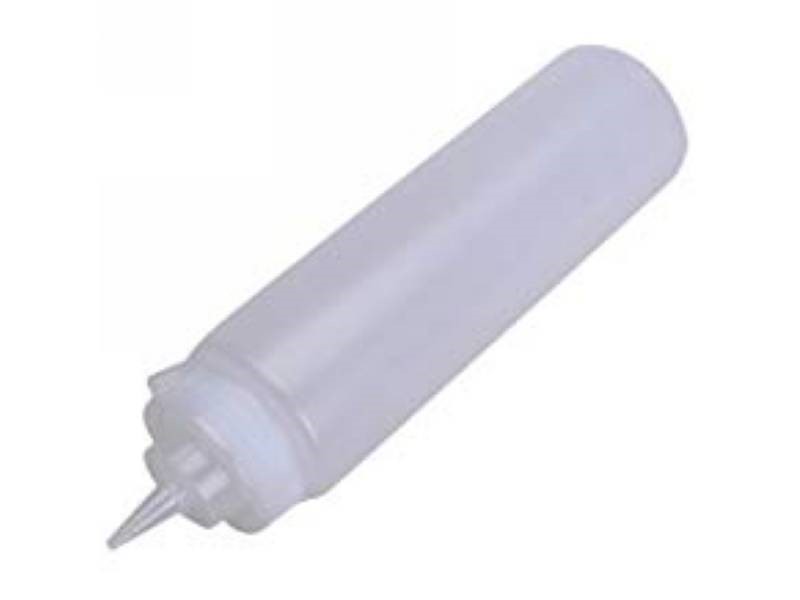
The plastic ketchup bottle is a prime example of the need for industry-wide efforts to find sustainable packaging alternatives. While glass bottles, sustainable plastic alternatives, and refillable dispensers offer promising solutions, each comes with its own set of challenges. To successfully transition away from plastic ketchup bottles, manufacturers must invest in research and development, work with key stakeholders such as suppliers and retailers, and educate consumers about the benefits of sustainable packaging. By doing so, we can reduce plastic waste and contribute to a cleaner, more sustainable future.I. Introduction
The Plastic Problem: Increasing Concerns About Single-Use Plastics
In recent years, there has been a significant shift in consumer attitudes towards single-use plastics, driven by increasing awareness of the environmental impact of plastic pollution. The plastic ketchup bottle has come under scrutiny as a major contributor to this issue. This article dives deeper into the problems associated with plastic ketchup bottles, explores potential alternatives, and discusses the challenges and benefits of implementing sustainable packaging solutions.
II. The Problem with Plastic Ketchup Bottles
1. Environmental Impact
Plastic ketchup bottles, typically made from high-density polyethylene (HDPE) or polyethylene terephthalate (PET), pose serious environmental risks due to their low decomposition rate. When not properly disposed of or recycled, these bottles end up in landfills or pollute ecosystems, causing harm to wildlife and marine life. Plastic waste is a global crisis, and reducing single-use plastics is critical to address this issue.
2. Limited Recycling Rates
While HDPE and PET are technically recyclable, the reality is that plastic bottles often end up in garbage bins instead of recycling facilities. Recycling rates vary across countries, and even when bottles are recycled, the process still consumes energy and resources. Therefore, reducing the dependence on plastic ketchup bottles is paramount for a sustainable future.
III. Promising Alternatives
1. Glass Bottles
Glass offers a viable alternative to plastic ketchup bottles. It is a non-toxic material that can be recycled indefinitely without losing its integrity. Glass bottles are also generally more accepted in recycling programs and easier to clean and reuse compared to plastic. However, glass has its limitations. Its weight and fragility raise concerns about transportation costs and the potential for breakage during shipping.
2. Sustainable Plastic Alternatives
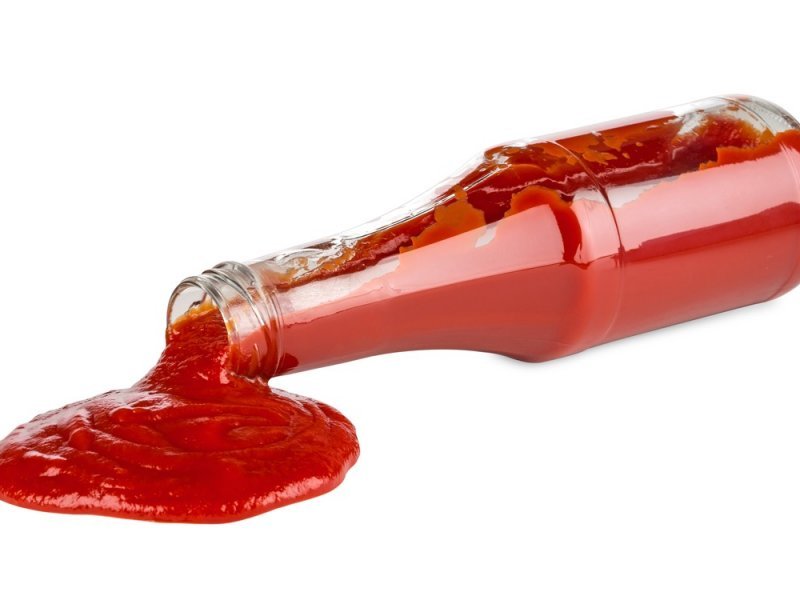
Biodegradable or compostable polymers derived from plant-based materials, such as corn starch or sugarcane, are promising solutions for reducing plastic waste. These materials can be molded into bottles that closely mimic the properties and functionality of traditional plastic bottles while significantly reducing their environmental impact. However, finding scalable alternatives for ketchup bottles that can withstand the high acidity and viscosity of the condiment remains a challenge.
3. Refillable Dispensers
Refillable ketchup dispensers are gaining popularity as an innovative approach to reducing single-use plastic waste. These dispensers enable customers to bring their own containers and refill them at restaurants, cafes, or grocery stores. The adoption of refillable dispensers can significantly reduce the reliance on individual serving packets or bottles. However, implementing refillable solutions requires a paradigm shift in consumer behavior and may face logistical challenges.
IV. Implementation Challenges and Benefits
1. Cost and Scalability
The transition from plastic ketchup bottles to alternative packaging may initially lead to higher production costs for manufacturers. This cost difference arises from limited availability, the need for new manufacturing processes, and increased transportation costs due to bulkier or more fragile materials. However, as demand for sustainable packaging grows, economies of scale are expected to drive down costs.
2. Consumer Acceptance
Changing the packaging of a widely recognized brand like ketchup can often encounter resistance from consumers. Preferences for convenience and familiarity may initially hinder the adoption of alternative packaging. However, increased awareness about the detrimental effects of plastic waste, combined with effective marketing and education campaigns, can help drive consumer acceptance of sustainable packaging alternatives.
3. Environmental Benefits
The adoption of sustainable packaging alternatives for ketchup bottles would have significant environmental benefits. By reducing plastic waste, these alternatives contribute to the preservation of ecosystems, protection of marine life, and the reduction of carbon emissions associated with plastic production. Moreover, incorporating more sustainable materials aligns with corporate social responsibility goals, enhancing brand image and appealing to environmentally conscious consumers.
V. Conclusion
The plastic ketchup bottle serves as a prime example of the need for industry-wide efforts to find sustainable packaging alternatives. While glass bottles, sustainable plastic alternatives, and refillable dispensers offer promising solutions, each comes with its own set of challenges. Successful transitions from plastic ketchup bottles require investments in research and development, collaborations with key stakeholders such as suppliers and retailers, and education campaigns to inform consumers about the benefits of sustainable packaging. By taking these steps, we can reduce plastic waste and contribute to a cleaner, more sustainable future.
